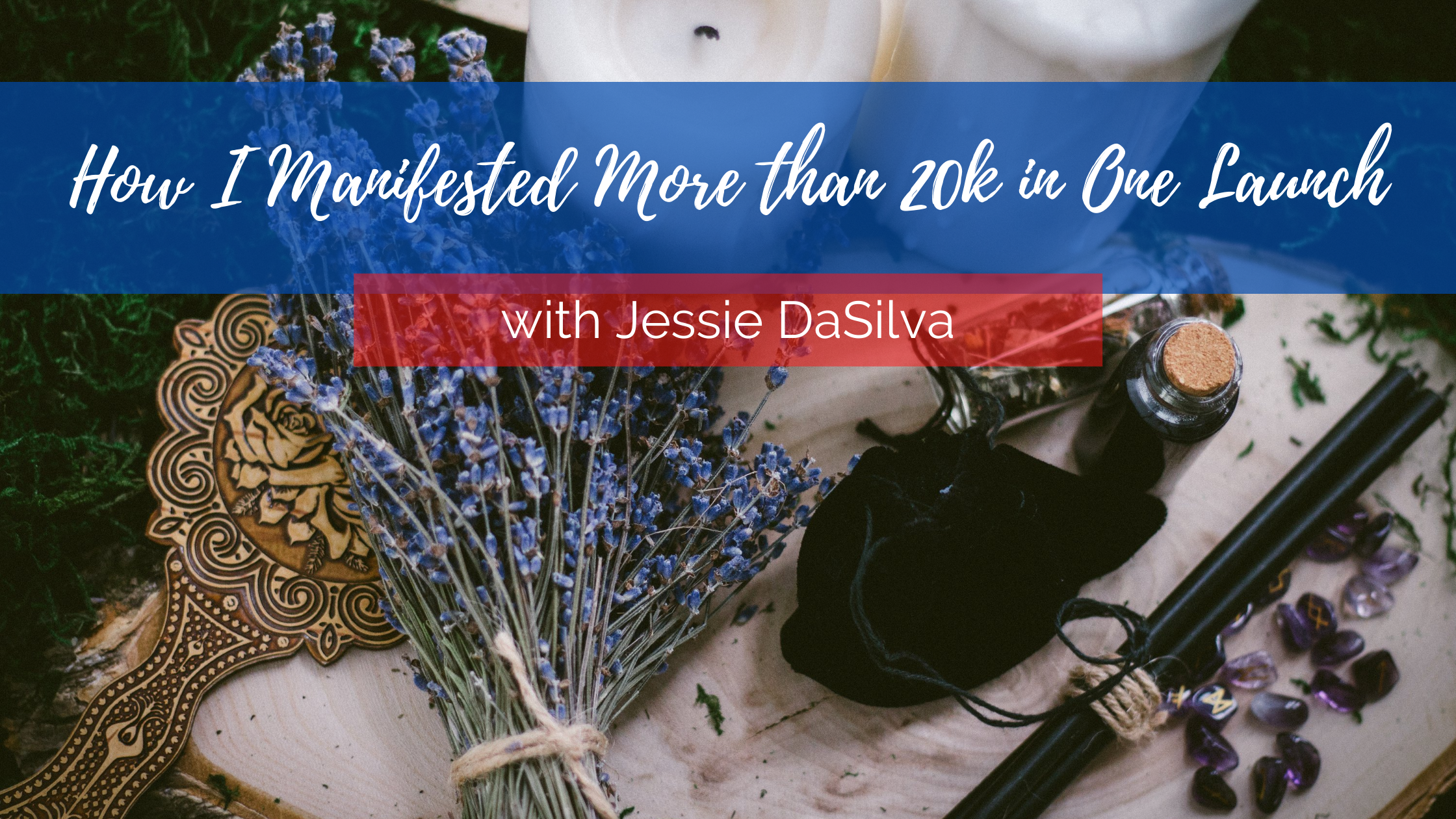If you know me from any of my social media profiles, you know I decided it was time to bring awareness into my eating habits and meal planning and vowed to make 2019 the year I became my healthiest self.
Two months in and I’ve become supremely aware of my emotional eating and eating to avoid tasks I don’t want to do. It doesn’t mean I always catch it in the moment, but that baseline of awareness has allowed me to pay attention to my body in a way that I haven’t before.
And I’ve started noticing something is off.
A few things didn’t feel right.
Cutting out emotional eating means I’m naturally eating less food than I was before, which means I have fewer foods in my meal plans every day (especially because my staple breakfast is a protein/super foods smoothie bowl with different toppings every day). It’s allowed me to notice subtle changes that weren’t coming up before when I was too busy shoving food into my face to keep from feeling anxious.
For example, when I switched from using canned coconut milk in my coffee to using heavy whipping cream, I realized I felt like my stomach was full for hours. I just didn’t get hungry.
That might not sound like a problem, but when it’s at the point when a smoothie bowl is the only food I’m eating for an entire day, I KNOW that something isn’t right. This coupled with a family member realizing her skin was breaking out ever time she consumed dairy had me suspicious.
I’m fairly open about being the RASHIEST bitch I know. I have eczema, dermatitis, and rosacea. These all flare up from time to time, but I’ve never been able to pinpoint why. Could dairy be the culprit?
Say it ain’t so!
Another time this month, I had protein-packed banana bread on my meal plan for an entire week, but I noticed the scale didn’t move. I didn’t have any digestive discomfort that I could tell, but research revealed that inability to lose weight can actually indicate some kind of food sensitivity.
So I did a mini experiment and didn’t put bread on my meal plan for two weeks. I started losing weight again. What was most shocking was when I had some bread the following week, I felt BEYOND bloated. A few bites of bread pudding and three sips of beer left me feeling like that blueberry child who gets rolled out of Willy Wonka’s Chocolate Factory.
I was shocked. I wasn’t surprised by the dairy. A modified detox diet from years before had revealed that dairy was making my asthma and post nasal drip much worse than it naturally was and I scaled back quite a bit. But BREAD?!
Surprising test results.
I decided to enlist some professional help by ordering an at-home food sensitivity test from EverlyWell and waited a good two weeks for my results (they do not sponsor this blog, but I would totes welcome it because I had a great experience all around).
When it came to my results, I was lucky in the sense that I only have foods with mild reactivity, but sure enough, my list was littered with cow’s milk and bread ingredients.
Here’s my list in order of most reactive to least:
- Brewer’s yeast
- Cottage cheese
- Cow’s milk
- Mozzarella cheese
- Egg whites
- Yogurt (cow’s milk)
- Baker’s yeast
- Wheat
- Peanut
- Cheddar cheese
- Lima bean
- Gluten
- Bran
- Barley
- Cashew
- Rye
- Almond
- Orange
- Onion
- Coffee
- Blueberry
Bruh, this list contains most of my favorite foods! And that could actually explain why they’re on here. According to this super helpful blog post on elimination diets from registered dietitian/nutritionist Lily Nichols, you can essentially GIVE yourself sensitivity to food by eating it all the time!
I lived in denial for about two weeks. I was like, “PFFT, LAME TEST. WHAT AM I GOING TO DO? GIVE UP BEER, CHEESE, AND COFFEE?? YEAH, RIGHT.”
Coming around to the idea of elimination.
Except, I can’t let the idea get away from me that maybe my body could be functioning better. I’ve read that mild food sensitivity can contribute to headaches/migraines, joint pain, back pain, anxiety/depression, breathing problems, inflammation, bloating, and a whole list of ailments.
Could my back pain be from food instead of my G-cup breasts? Could my anxiety be better if I changed my eating habits? Is it possible that my skin could clear up if I cut something out?
Nichols also said in that article that food sensitivities change. Just like it’s possible to develop a sensitivity, we can grow to tolerate it better after we’ve eliminated it for a while from our diets.
It’s possible that not all 21 of those foods on my list cause noticeable problems in my body. It might just wind up being the dairy and bread, which is honestly pretty easy to live without in this day and age. I could even potentially view these as special occasion food that I can enjoy once in a while as long as I know how I’m going to feel. That’s an informed decision I would like to make.
Looking ahead.
So, I’ve decided to buck up and face the facts. I’ll never know what would work best for my body if I don’t try to narrow in on what could be dragging me down. And, hey, you can do anything for a month, right?
Well, I’ll let you know on April 1 because I’ve decided that on March 1, those 21 foods are GONE. I’m going to enjoy a few delectable treats on my birthday the day before and be ready for that fresh March restart!
Have you done an elimination diet? How did it go? What did you learn about your habits and yourself?
P.S. – For those who want a discount referral on the food sensitivity kit (or others!), feel free to use my link. I need friends to geek out about this with!










0 Comments
Trackbacks/Pingbacks